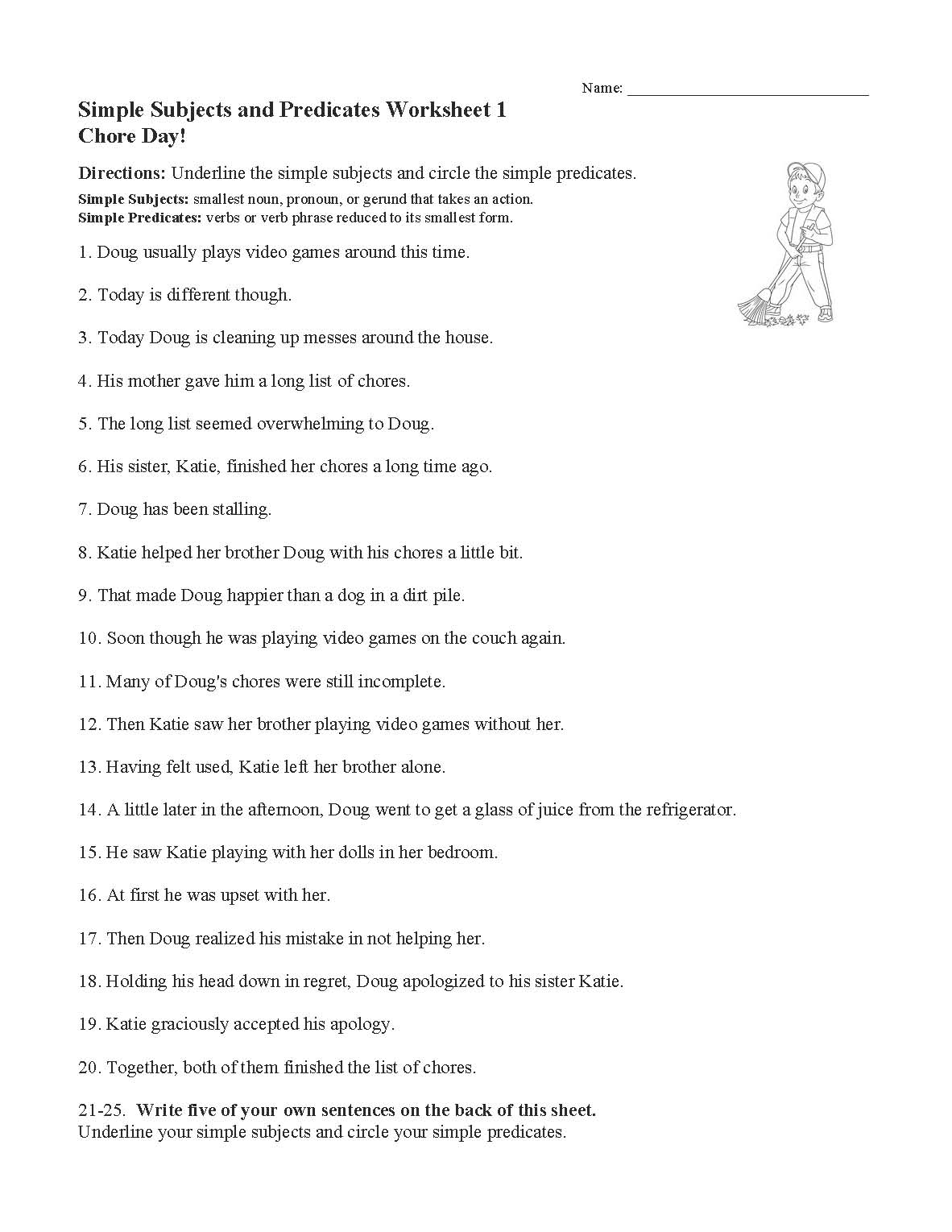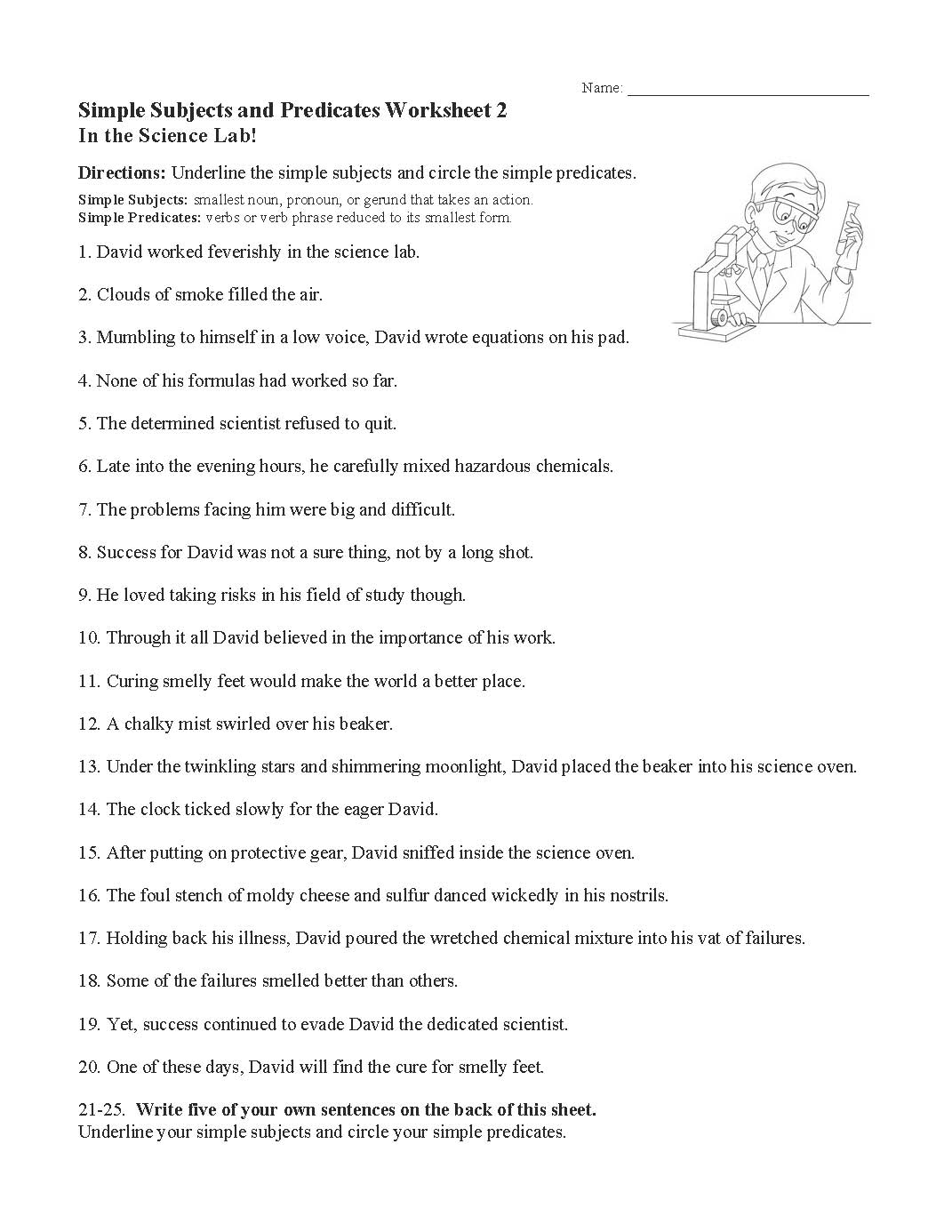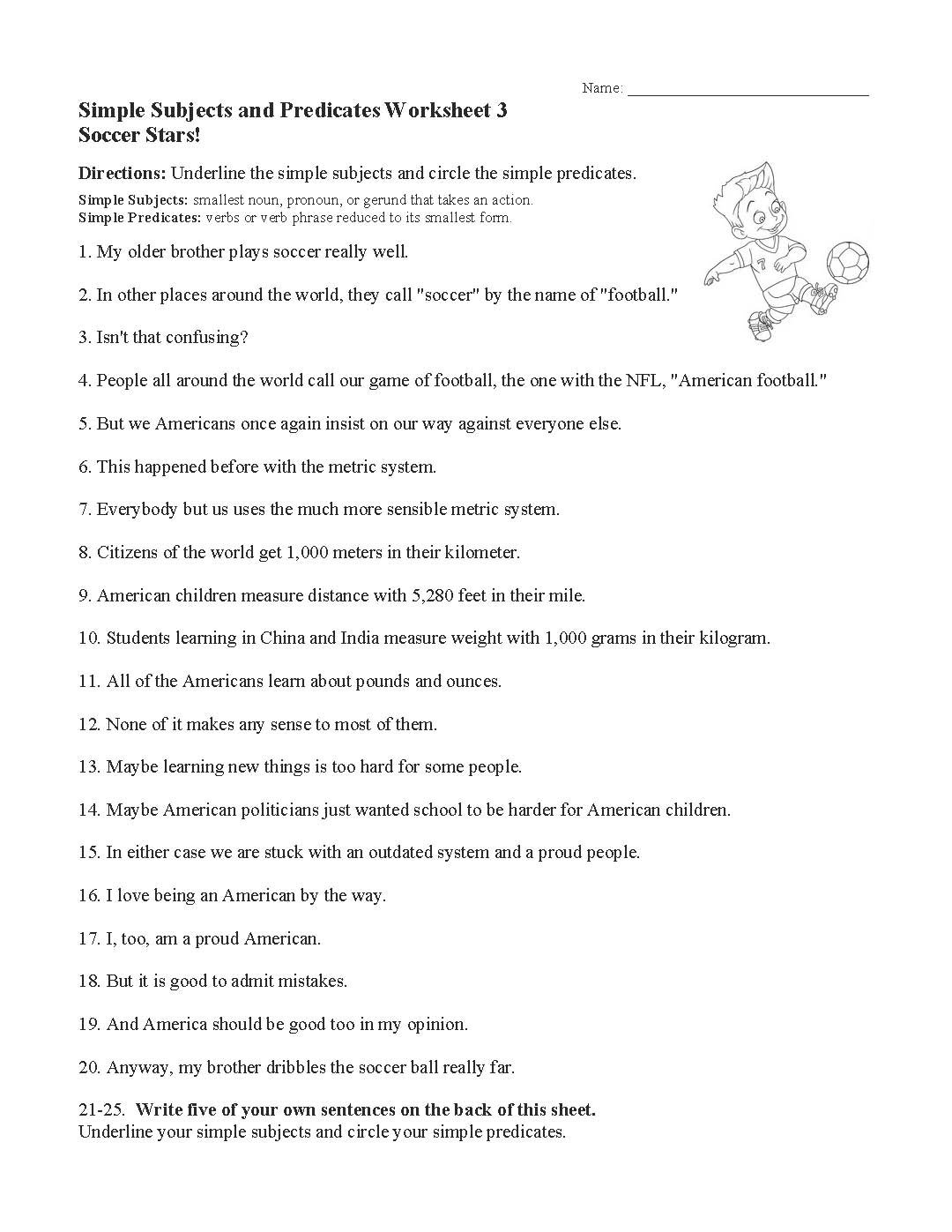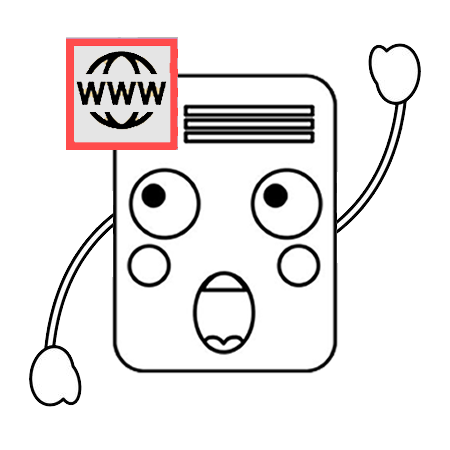Simple Subjects & Predicates Worksheets
Learning sentence structure is the key to mastering punctuation and becoming a more confident writer. You will be able to express yourself without inhibition once you learn the inner-mechanics of how sentences are built. I encourage you to take this journey, but the first step for you may not begin on this page.
Before you dig into this stuff, you should learn the basic parts of speech like nouns, verbs, and conjunctions. If you can tell the difference between an adverb and an adjective, you're probably ready to start learning about sentence structure. Let's begin!
The most basic units of any sentence are the subject and the predicate. The subject is the noun that takes the action. The action is the predicate. Let's look at an example:
When I am analyzing the structure of a sentence, the first thing I do is find the actions or predicates. The predicate in the above sentence is ran. The word quickly is also attached to the predicate ran. It is modifying how the subject ran. Quickly belongs to the predicate. It is part of the complete predicate. A complete predicate is the main verb in the clause and all the attached modifiers and objects that complete the clause. So the complete predicate in the above sentence is quickly ran from the red-eyed cat.
The simple predicate is just the main verb, isolated in its most simple form. The simple predicate in the above sentence is ran.
The same rules apply for the subject. The complete subject includes noun or pronoun that takes the action (our simple subject) as well as all modifying words and phrases. Since there are no modifying words or phrases in the above example, our simple subject and complete subject are the same: I.
When we reduce a sentence or clause to its simple subject and simple predicate, we will be left with the smallest possible unit that still makes grammatical sense. In the above example, that is "I ran." Yes, that is a complete sentence. It has a subject and a predicate and it expresses a complete thought. That doesn't mean that every sentence can be reduced to just two words though. Verb phrases cannot be reduced beyond the helping verb and the main verb, such as in the following example:
Again, I always start my analysis by finding the action. In this case we have the verb phrase was walking. The complete predicate in this sentence includes the prepositional phrase "through the park." That makes the complete predicate in the above sentence was walking through the park. Yet the simple predicate cannot be reduced past was walking. The helping verb was is working with the -ing verb walking to express the time that this event happened. Each of those words is essential to the simple predicate and neither can be removed.
The complete subject includes all of the words to the left of was. So the complete subject in the above sentence is Bobby, the kid from down the street,. There is a lot of information attached to that subject that is not necessary for the grammatical integrity of the sentence. We can remove the kid from down the street to find that the simple subject is just Bobby. Here is the simple subject and simple predicate from the above sentence: Bobby was walking.
Simple Subjects and Predicates Worksheets



Search here.
- Author's Purpose Worksheets
- Characterization Worksheets
- Conflict Worksheets
- Fact and Opinion Worksheets
- Figurative Language Activities
- Figurative Language Poems with Questions
- Genre Activities
- Irony Worksheets
- Making Predictions
- Mood Worksheets
- Nonfiction Passages and Functional Texts
- Parts of Speech Worksheets
- Poetic Devices
- Point of View Worksheets
- School Project Ideas
- Setting Worksheets
- Simile and Metaphor Worksheets
- Story Structure Worksheets
- Text Structure Worksheets
- Theme Worksheets
- Tone Worksheets
- ALL PAGES AND WORKSHEETS





